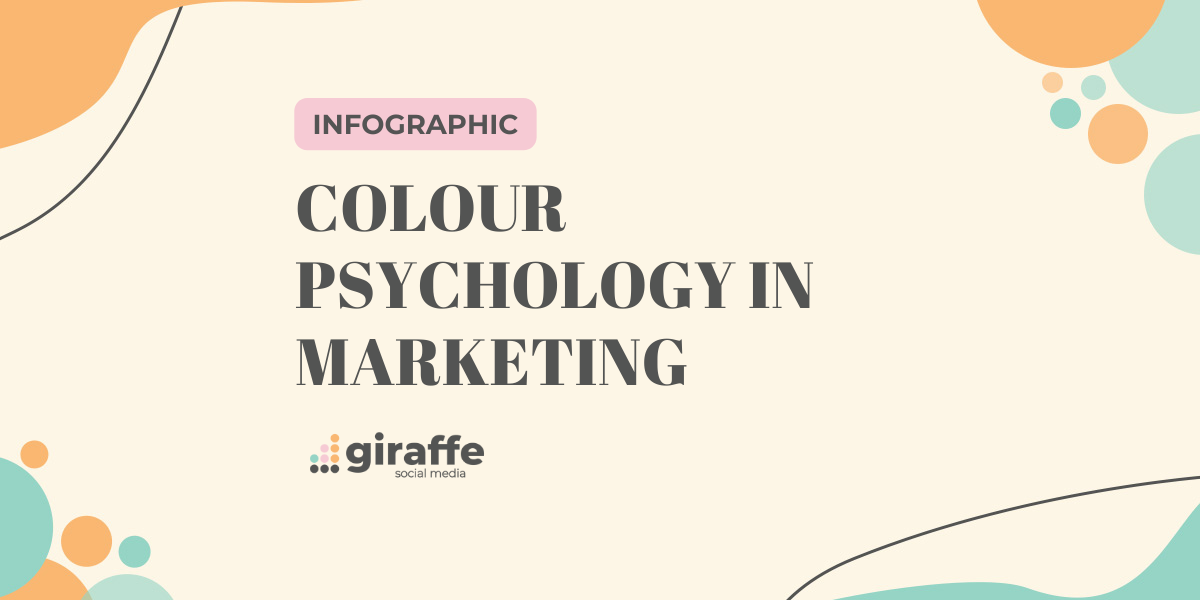With apps becoming an increasingly important part of our daily lives, it may even be a deciding factor that influences your smart phone choice depending on what app store it supports. iOS devices (iPhones, iPads and iPad mini) all support apps from Apple’s app store, some being specifically designed for iPad to accommodate that larger screen.
All Android devices (except products like the Kindle fire) support apps from Google’s app store, known as ‘Google Play’, which also combines music and media to create a giant entertainment umbrella. If you want music and films on your iDevice, you’ll need to head to the iTunes Store.
-
Big Business
We all know that apps are big business, and the income generated from these stores should not be taken lightly. The gorgeous infographic below tells some of the more unusual differences between these app stores, but the most shocking is this:
Google play has 4 times the marketshare of Apple’s AppStore, but only generates one fifth of the revenue of its rival. This sounds surprising on the face of it, but this is Apple’s well and truly tested strategy. Let’s not forget that MacBooks and iMacs generated five times more profit than the five biggest PC manufacturers combined.
Apple does a great job at hoovering up as much profit as it can from minimal marketshare. This is achieved by a combination of generous margins heading straight into Apple’s bank accounts, as well as the devices being aimed at those who have a large amount of disposable income. Google Play in comparison has more free apps, and Windows Phone by Microsoft tries to bridge the gap by offering free app trials.
If you’re a developer, you may want to think about the Windows Phone Store, which pays out more generously than Apple, and significantly more than Google, though this may change over times as Windows Phone gains popularity- it’s currently a niche platform with ~3/4% worldwide marketshare.
-
Is it important?
For us as general consumers, whichever store you choose will have pros and cons. Apple’s Apps are verified by humans, so technically there should be fewer spam or fake apps. On the other hand, Google Play can be accessed from hundreds of tablets and smartphones, meaning that you can chop and change devices and sync your applications across them all.
In real life, both app stores have occasional security issues- we all need to be careful what we download and what data we allow our apps to access.
Whilst we all love to see exclusive apps being made for our smartphone platform of choice, it is in our best interests that developers duplicate their apps across all stores, so that if we change phones we can keep our content.
When I switched handsets last year I lost a lot of data which I’d previously stored in a personal organiser app. Alas, the developer only worked for one of the major platforms and hadn’t provided a way to keep the data online- some of my notes and photos were lost into the digital black hole the minute that phone died. Sad times.
Whichever store you choose, you’re in for a treat, just try to avoid the spam, and think twice before you store lots of personal data in one app if it’s not cross platform- there’s something to be said for not putting all your eggs in one basket.



